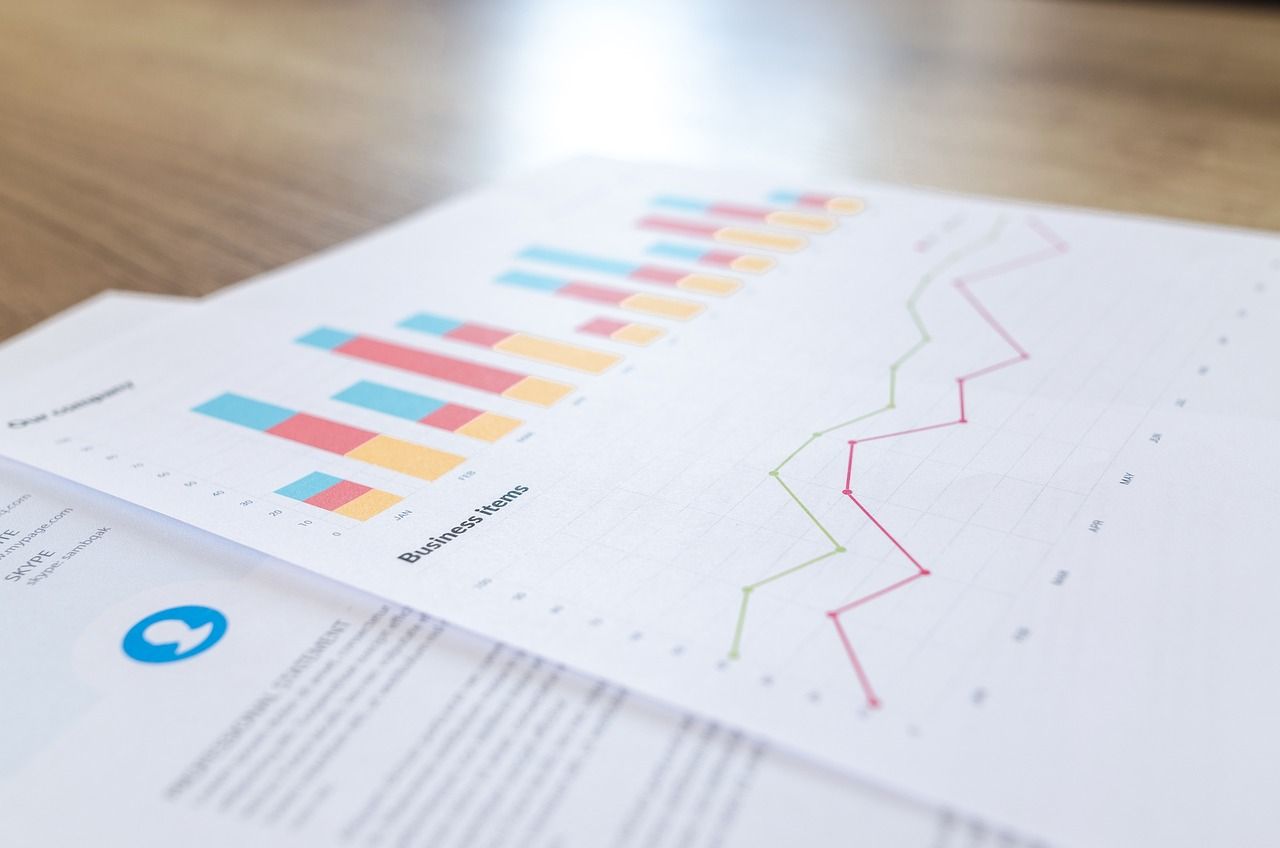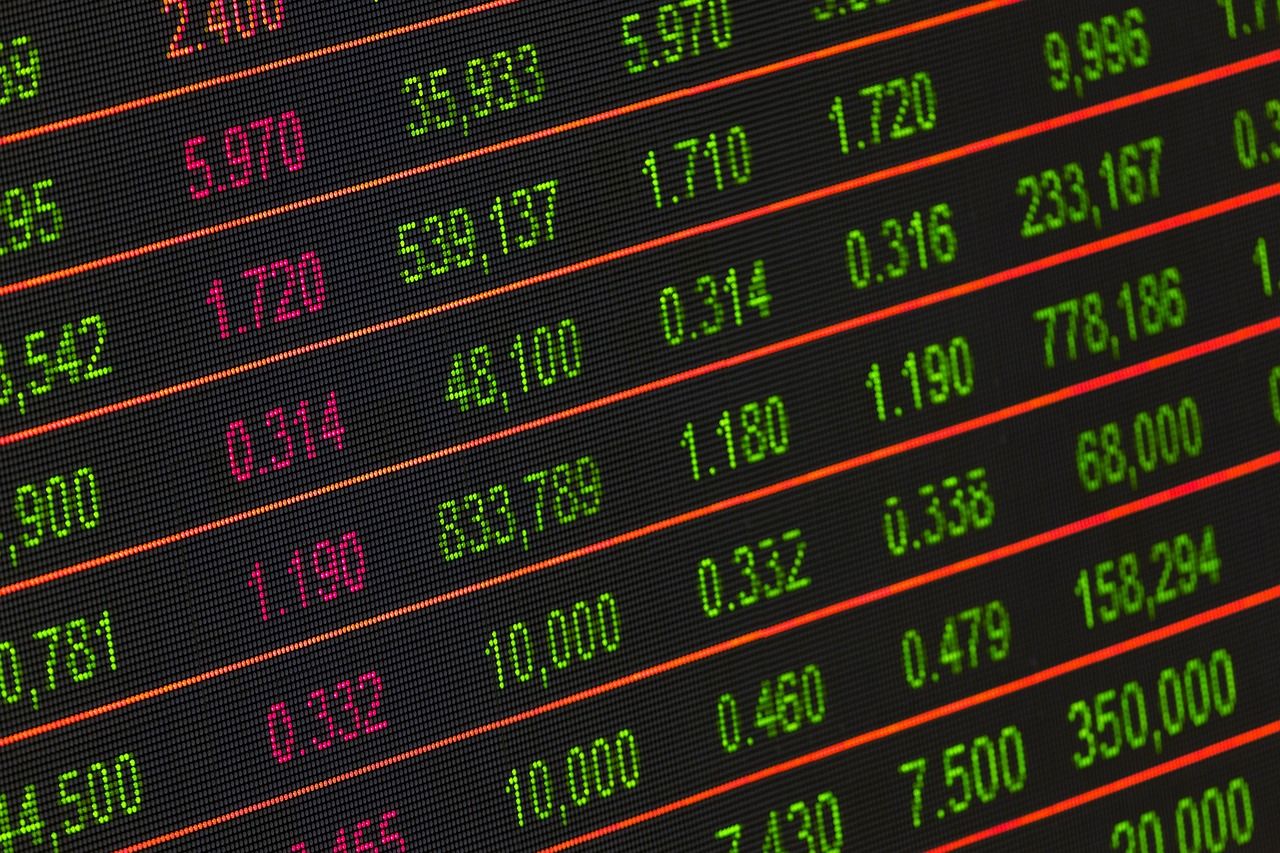business resources
OTC Trading: Revealing the Hidden Layers of the Business World
21 Aug 2023, 2:52 pm GMT+1
Just like an iceberg, the business world has hidden depths you've yet to explore. One such layer is Over-The-Counter (OTC) trading. You've likely heard it's a powerful player in global finance, but do you know what OTC means?
This article will guide you through the key players, risks, and benefits of OTC trading. It's not just about buying and selling; it's about understanding how these transactions shape our economy.
So dive in and uncover what's beneath.
Understanding the Basics of OTC Trading
You're about to dive into the basics of OTC trading, which will reveal some hidden layers of the business world.
Over-the-counter (OTC) trading is a decentralized market where you can buy and sell securities not listed on formal exchanges. Contrary to public exchanges with standardized processes and regulations, OTC networks allow direct negotiations between traders.
You've got to understand that in this realm of trading, brokers act as intermediaries who facilitate transactions between buyers and sellers. They make money by charging commissions on each trade executed. Now here's the catch: since it's not regulated like traditional stock markets, there's an inherent risk you've got to be mindful of.
But don't let that scare you off! OTC markets indeed offer unique opportunities. For instance, they provide a platform for companies that are unable or unwilling to meet stringent exchange listing requirements. It means you might find some 'hidden gems' among these unlisted stocks.
Key Players in the OTC Market
In the unlisted market, you'll find key players such as brokers, dealers, and market makers who contribute significantly to its operation.
Brokers act as intermediaries, facilitating transactions between buyers and sellers while earning a commission for their services. Their in-depth knowledge of the market, along with an extensive network of contacts, makes them indispensable.
On the other hand, dealers play a more direct role. Unlike brokers, who merely facilitate transactions, dealers actually buy and sell securities for their own accounts. They make money off the spread—the difference between the price they buy at and subsequently sell at.
Lastly, there are market makers whose function is perhaps most significant: they ensure liquidity by always being ready to buy or sell at publicly quoted prices. This commitment creates a smoother trading process with less volatility.
Each player has a unique role, but what's clear is that without them operating in tandem, maintaining an orderly OTC market would be impossible. Understanding these roles gives you a sharper view of how this shadowy side of finance operates; it's not so much about 'hidden layers' as it is about knowing where to look.
The Intricacies of OTC Trading

It's important to grasp the intricacies of this unlisted market, which include understanding how brokers, dealers, and market makers interact with each other to ensure liquidity and stability.
You see, brokers act as intermediaries between buyers and sellers. They don't have ownership over securities but help facilitate transactions.
On the other hand, dealers play a more risky role as they buy and sell securities from their inventory, profiting from the spread.
Market makers are the key to maintaining seamless trading by constantly buying and selling at publicly quoted prices. They provide liquidity by being ready to purchase when there is an excess of sell orders or to sell when there is an abundance of buy orders. This maintains order in what could otherwise be a chaotic playground.
In essence, these players work together like gears in a well-oiled machine; their actions are synchronized to uphold stability within the OTC market landscape. Their roles might differ, but each contributes significantly to ensuring smooth operations.
Understanding their functions allows you to appreciate the unseen complexity that underpins this vital segment of the financial market.
Risk Factors Associated With OTC Trading
Despite the benefits, there are a fair share of risks that come with unlisted markets that you need to be aware of.
Over-the-counter (OTC) trading, by virtue of its nature, lacks the transparency and robust regulatory oversight present in listed exchanges. This can expose you to higher counterparty risk—the danger that the other party may default on their financial obligations.
You also have to grapple with liquidity risk. In OTC markets, securities aren't always frequently traded. If you're looking to offload your holdings swiftly, it might prove difficult to find a buyer willing to acquire them at an acceptable price point.
Moreover, pricing data in OTC trading isn't as readily available compared to listed markets. You often find yourself relying heavily on brokers for information regarding current market prices, a scenario that could potentially lead to misinformation or manipulation.
Lastly, consider operational risk: since transactions are manually processed in OTC trading, human error is more likely than in automated systems like those found in traditional exchanges.
In essence, while OTC trading offers unique opportunities and flexibility not seen in standardized markets, it's crucial that you understand these associated risks before diving headfirst into this form of investment.
The Role of OTC Trading in the Global Economy

Unlisted markets play a significant role in the global economy, providing opportunities for companies to raise capital and investors to diversify their portfolios. As an investor, you should understand that these markets operate outside standard exchanges and are commonly referred to as over-the-Counter (OTC) trading platforms.
Here's how OTC trading plays its part in the global financial landscape:
- Liquidity Provision: By facilitating the trade of less liquid securities, it fuels market fluidity.
- Capital Formation: It allows companies, especially startups, to raise funds without going public.
- Investor Diversification: It provides diverse investment options beyond traditional stock exchanges.
- Economic Stimulation: By ensuring the smooth operation of secondary markets, it spurs economic growth.
Yet, with perks come pitfalls. Remember, OTC trading is less regulated than mainstream exchanges, which can lead to heightened risks—price manipulation or fraud being some examples. While they're enticing avenues for high-risk takers seeking potential high returns, caution is advised while navigating through them.
In essence, your awareness of key aspects of unlisted markets enables you to make informed decisions when exploring such alternatives for portfolio diversification or company growth strategies.
Future Prospects of OTC Trading in the Business World
Looking forward, unregulated markets will continue to shape the financial landscape with their unique opportunities and challenges. As an investor, you'll need to navigate these waters carefully.
Over-the-counter (OTC) trading is a key part of this ecosystem, offering flexibility in transactions that aren't bound by traditional exchange rules.
Future trends suggest that OTC trading will grow in significance. You can expect to see increased digitization of processes and the adoption of regulatory technology (RegTech). This will help streamline operations, reduce risks associated with manual errors, and enhance compliance oversight.
However, it's not all smooth sailing. Regulatory scrutiny could tighten due to concerns about transparency and systemic risk. You'll have to stay updated on evolving norms and regulations around OTC trades.
Moreover, the role of intermediaries may change as new technologies such as distributed ledger technology (DLT), commonly known as blockchain, come into play. They could disrupt traditional business models but also open up innovative avenues for transaction efficiency.
In essence, while the future has exciting prospects for OTC trading in the business world, you must be prepared for a journey filled with both rewards and hurdles along your path towards financial success.
Conclusion
So you've journeyed with me through the shadowy byways of OTC trading. Imagine it as a hidden river flowing beneath the bustling streets of Wall Street, powering the global economy in unseen ways.
But remember, this river has its rapids, risks, and complexities to navigate.
As we look ahead, OTC trading's role in our business world promises to grow even more vital. It's a thrilling, albeit challenging, journey, isn't it?
Share this
Contributor
Staff
The team of expert contributors at Businessabc brings together a diverse range of insights and knowledge from various industries, including 4IR technologies like Artificial Intelligence, Digital Twin, Spatial Computing, Smart Cities, and from various aspects of businesses like policy, governance, cybersecurity, and innovation. Committed to delivering high-quality content, our contributors provide in-depth analysis, thought leadership, and the latest trends to keep our readers informed and ahead of the curve. Whether it's business strategy, technology, or market trends, the Businessabc Contributor team is dedicated to offering valuable perspectives that empower professionals and entrepreneurs alike.
previous
The A-Z Guide to the Middle East's VAT Refunds for Non-GCC Travelers
next
Metaverse And Films: Redefining Cinematic Experience Through Immersive Technologies